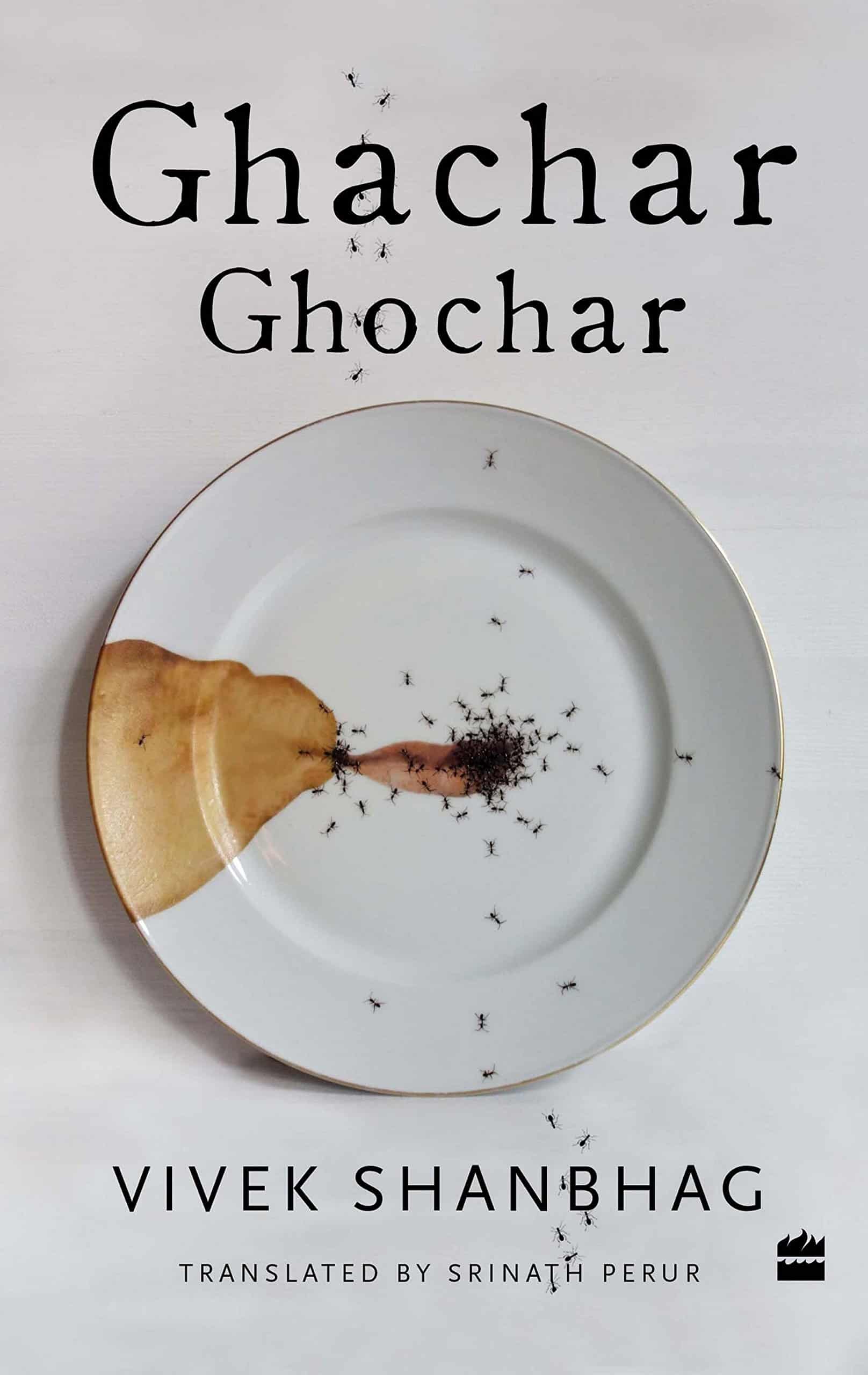All those who love reading always have the complaint that they don’t read enough. A corollary to this is they have not read enough classics. These are the books that are always on the top 50 or top 100 lists. From War and Peace and Middlemarch to Wuthering Heights and Moby Dick. The critics praise them again and again in their prestigious magazines and urge you to read these but they rarely mention a caveat.
It is hard work to read the classics.
Our attentions spans are becoming shorter and shorter. All the classics mentioned above and many more that have been written 100 or 200 years back have one thing in common. Long descriptions and sentences that sometimes fill a page or two. That was the prevailing style at that time and that’s what makes reading these classics a tough job. No doubt they are rich in content but to get to that you need to shed some blood, sweat and tears.
So when you come across a work that is short, crisp and yet having layers of rich content, it’s like a breath of fresh air. Ghachar Ghochar by Vivek Shanbhag is one such book. Shanbhag has the rare gift of economy of Anton Chekhov combined with the psychological insights of Dostoyevsky. In a manner that can almost be called minimalist, he paints his characters with vivid colours, showing their quirks and petty natures on one side and balancing this with their humane aspects.
It is important to note here that this review is of the English translation by Srinath Perur. The original novel is in Kannada. The blurb by noted playwright, actor and writer Girish Karnad sums up the very high quality of the translation.
The translation by Srinath Perur unerringly captures the shifting nuances that make Shanbhag’s telling so rich. Having read and admired the original Kannada, I was surprised how quickly Perur made me forget that I was reading a translation.
Girish Karnad
Ghachar Ghochar is a story of middle class Indian family in Bangalore, their journey from a stage where they could barely make both ends meet to affluent lifestyle where money came suddenly and easily. It minutely describes the changes in attitudes of the family as the tale progresses.
The narrator is the boy in the family. Other members are his parents Amma and Appa, sister Malati and uncle – his father’s younger brother – Chikkappa. Later on there is an addiction of Anita when our narrator gets married. Appa is a salesman for a company that deals is tea leaves. With his meagre salary, he manages to put food on the table and pay for the education of his children as well as Chikkappa. The details of their lifestyles are so minutely depicted, and yet the kind of descriptive passages so common in literary realism are completely absent. Take the episode of the ants for instance. The family finds itself under attack from ants. They are everywhere and there seems to be no remedy. The episode describes various remedies, and the frustrations. And suddenly Shanbhag shines with a psychological insight that is worthy of a 500 page Dostoyevsky novel. “When they [ants] attacked an unwashed vessel or cup they’d soon be mercilessly drowned. I suppose initially we did these things only when we were alone, but in time we began to be openly cruel to them.” Later, when he is married, he kills an ant in front of his wife. Why did you kill the poor ant, she asks with tearful eyes. He says,”How was I to explain to her my history with ants? It would make no sense to someone who hadn’t lived through something similar.”
Apart from being economical, Shanbhag knows exactly which parts of story are best left unsaid. The silent parts speak as much, if not more, as the parts that are described.
This culminates into a climax that is as gripping as it is mysterious. The ending is not made clear but left to the imagination of the reader. Narrator is sitting in his favourite Coffee House when he has a breakdown. Present nearby is the waiter Vincent. Vincent is described as a sort of oracle, who knows what’s happening without any help. On some level, it may be the conscience of the narrator. His last words in the book are ominous, “Sir, you may want to wash your hand. There’s blood on it.”
Indian literature in English has come a long way since the days of R. K. Narayan, with writers like Amitav Ghosh and Arundhati Roy tackling complex issues such as opium trade in the colonial era or challenges faced by democracies today. However, there is a natural limitation here. Indians who are fluent in English mostly come from a certain strata of society. The picture of India that emerges from these writings is but a small slice of the vast cultural milieu that is India. To get a more comprehensive picture, we must go to the regional authors.
What we need most are translations that would do justice to the rich cultures and subcultures of India.



